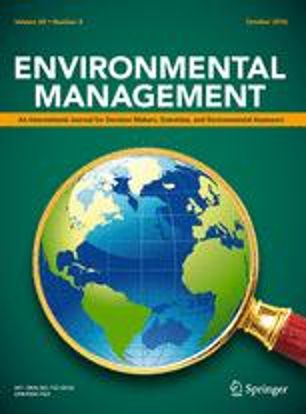With the rapid growth of biofuel production and consumption and the proliferation of policy decisions supporting this expansion, concerns about the biofuel sector's environmental and social impacts are increasing. Consequently, a range of actors - among them governments, multilateral institutions, nongovernmental organisations and multistakeholder industry groups - have created sustainability frameworks, some mandatory, others voluntary. This report examines how the most developed sustainability frameworks for feedstock production (including biofuels) address key environmental issues. It identifies critical gaps in these frameworks and proposes areas for improvement. The main finding is that the frameworks share broad sustainability principles yet they differ greatly in terms of their comprehensiveness and how they apply specific indicators for environmental issues, particularly with respect to land use change (both direct and indirect), allocation of degraded land for feedstock cultivation, and related accounting of greenhouse gas emissions. In the absence of sufficient hard data with which to gauge the effectiveness of existing sustainability frameworks, the report notes that the standards of these frameworks are not sufficient to mitigate the effects of direct and indirect land use change and promote environmental conservation. A key recommendation is that such standards should be complemented by other policy instruments. Furthermore, as sustainability frameworks are only a means to an end, they must be supported by practical guidance, effective interpretation of standards, principles and criteria, and development of verifiable indicators, along with the provision of appropriate tools, approaches and capacity building activities.
Download:
DOI:
https://doi.org/10.17528/cifor/003529
Puntuación Altmetric:
Dimensiones Recuento de citas:

Año de publicación
2011
Autores
Guariguata, M.R.; Masera, O.R.; Johnson, F.X.; von Maltitz, G.; Bird, N.; Tella, P.; Martínez-Bravo, R.
Idioma
English
Palabras clave
environmental protection, land use, air pollutants, air pollution, bioenergy, biofuels, degraded land, emission, environmental impact, feedstocks, greenhouse gases, land use, sustainability



















